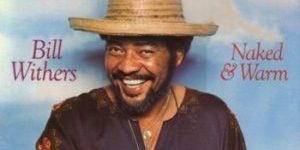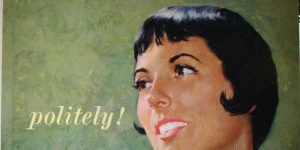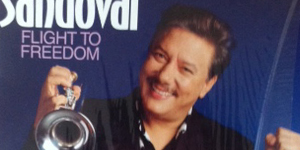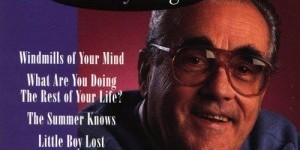Django Opens 67th Berlinale
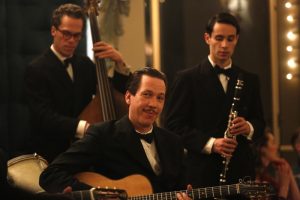
“Let’s go to the movies and dream a little”, says Django Reinhardt (Reda Kateb) to his old girlfriend Louise de Clerk (Cécile de France), maybe trying to shy away from taking decisions. Even though he already had decided not to go on tour in Nazi Germany, but instead stay in France and then, as the political climate changes especially for people with Romani origins, escape. So there is a plan for his mother, his pregnant wife, and himself to flee to Switzerland. In the end, he has to leave his small family behind and go on his own – but things do come to a happy end, if you want to call it that under these circumstances.
The music throughout the movie is excellent of course, re-recorded mostly by the Dutch Rosenberg Trio, and luckily features a prominent role in this opening movie of the Berlinale. Director Etienne Comar used a book as adaptation and focused mainly on the time Django spent escaping the Nazis. Django for the most part doesn’t really want to face the reality until it is almost too late. One of Django’s many songs, “Nuages”, became something like a little hymn in Paris during World War II and thankfully, the movie finds a good balance between fiction and performance.
Django Reinhardt started to write a Mass during that time which he dedicated to all the gypsies, but most of that work has disappeared, only a few passages were saved and we’re treated to some of that overwhelming music at the very end of the movie – complete with church organ and vocal choir. A fair enough choice as opening movie and a stellar cast. The music just speaks for itself. Django Reinhardt died all too soon of a sudden heart attack at the young age of 43.

